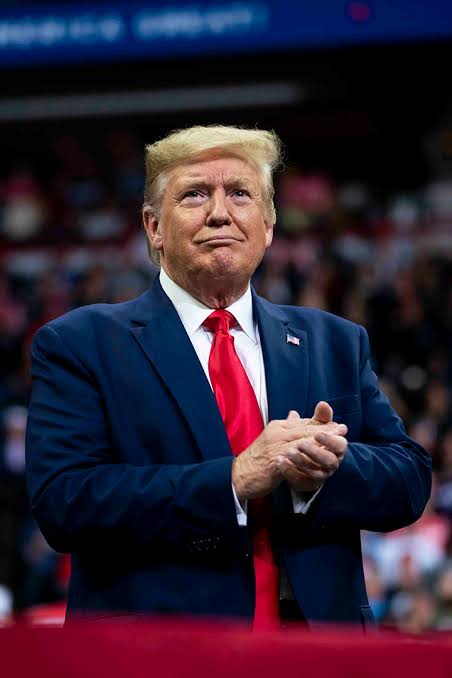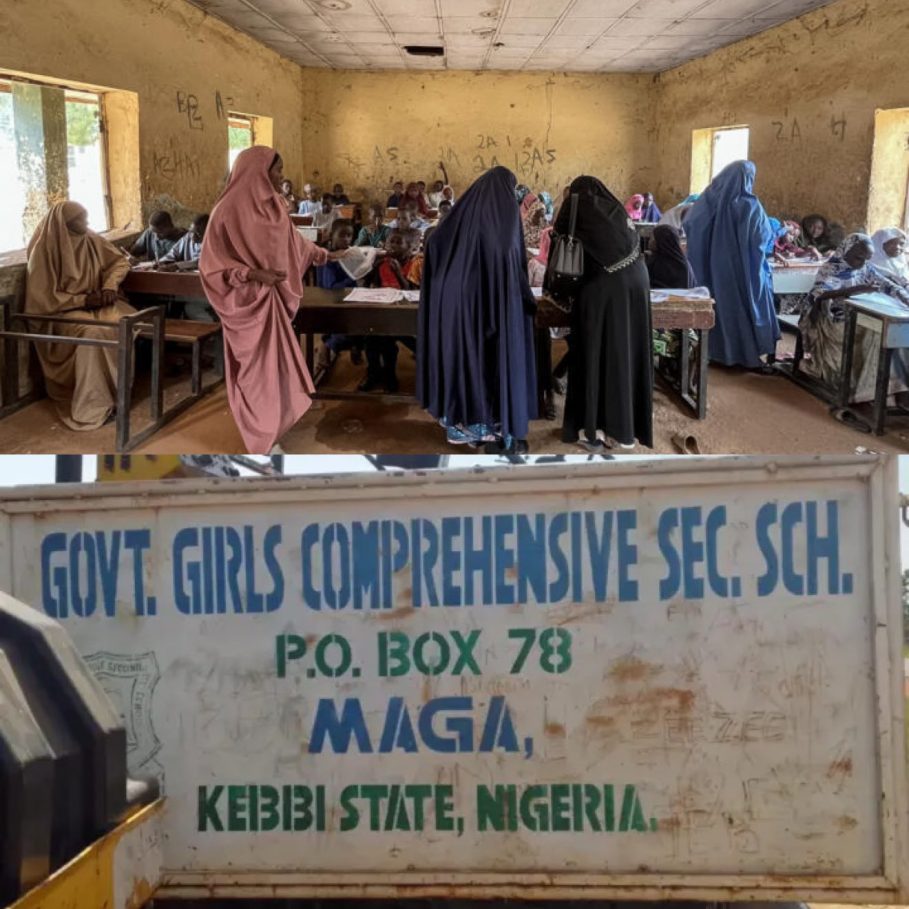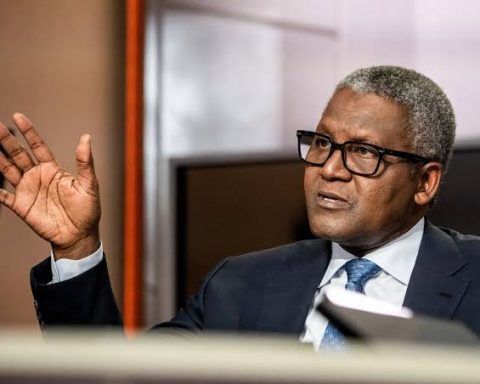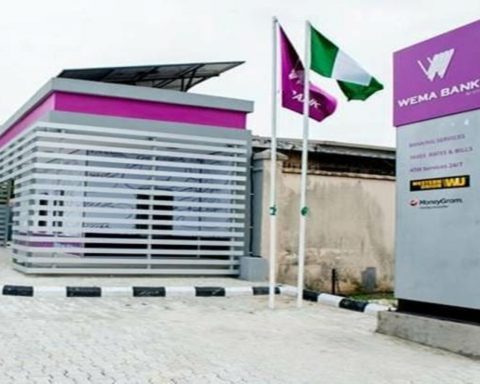The Federal Aviation Administration (FAA) issued a Notice to Airmen (NOTAM) on Nov. 21 warning that the security environment in Venezuela had become “potentially hazardous” and was “worsening”. The alert, which stopped short of ordering a blanket ban on Venezuelan airspace, urged carriers to “exercise caution” because of “heightened military activity in or around Venezuela.”
The warning comes as Reuters reported that U.S. officials are preparing possible action against the Maduro government, and the BBC noted a growing concentration of U.S. military jets and warships along Venezuela’s Caribbean coast. In response, several international airlines have pre‑emptively cancelled their services.
Avianca, Colombia’s flag carrier, cancelled its Bogotá‑Caracas route effective Nov. 21, citing the FAA notice.
Join our WhatsApp ChannelTAP Air Portugal, Iberia (Spain) and GOL Linhas Aereas (Brazil) have all suspended flights to Simón Bolívar International Airport (CCS) in Caracas. TAP’s spokesperson told Reuters, “This decision follows information issued by the United States aviation authorities, which indicates that safety conditions in Venezuelan airspace are not guaranteed”.
Iberia added that it “will assess the situation to decide when to resume flights to that country”.
U.S. carriers have not operated direct flights to Venezuela since diplomatic ties were severed in 2019, and American Airlines and Delta Air Lines have stopped over‑flying Venezuelan airspace in the past two months.
The U.S. State Department has issued a Level 4 “Do Not Travel” advisory, urging American citizens to leave Venezuela immediately and warning that the U.S. government “has no ability to provide emergency services or consular assistance” to its nationals there. The advisory even suggests that travelers “prepare a will” and “consider hiring a professional security organization.”
Venezuela’s foreign minister, Yvan Gil, rejected the U.S. warnings as “ridiculous fabrication,” saying the accusations of a “Cartel de los Soles” terrorist designation are baseless. The Maduro government maintains that the security concerns are exaggerated and that the United States is using the situation as a pretext for regime‑change pressure.
Meanwhile, the Trump administration has continued a military buildup in the Caribbean, deploying the aircraft carrier USS Gerald R. Ford, several warships and F‑35 fighter jets as part of anti‑narcotics operations that have also drawn criticism as possible precursors to broader action.
READ ALSO: U.S. Revokes Visas of Nicaraguan Figures Accused of Aiding Illegal Immigration
The convergence of a formal FAA safety alert, a “do not travel” directive, and the visible deployment of U.S. forces has created a climate of uncertainty that has led multiple carriers to suspend operations, effectively isolating Venezuela’s main international gateway at a time of deep political and economic crisis.
The situation remains fluid; airlines are monitoring the FAA and State Department guidance for any changes that might allow a resumption of service.
- Editor
- Editor
- Editor
- Editor
- Editor













